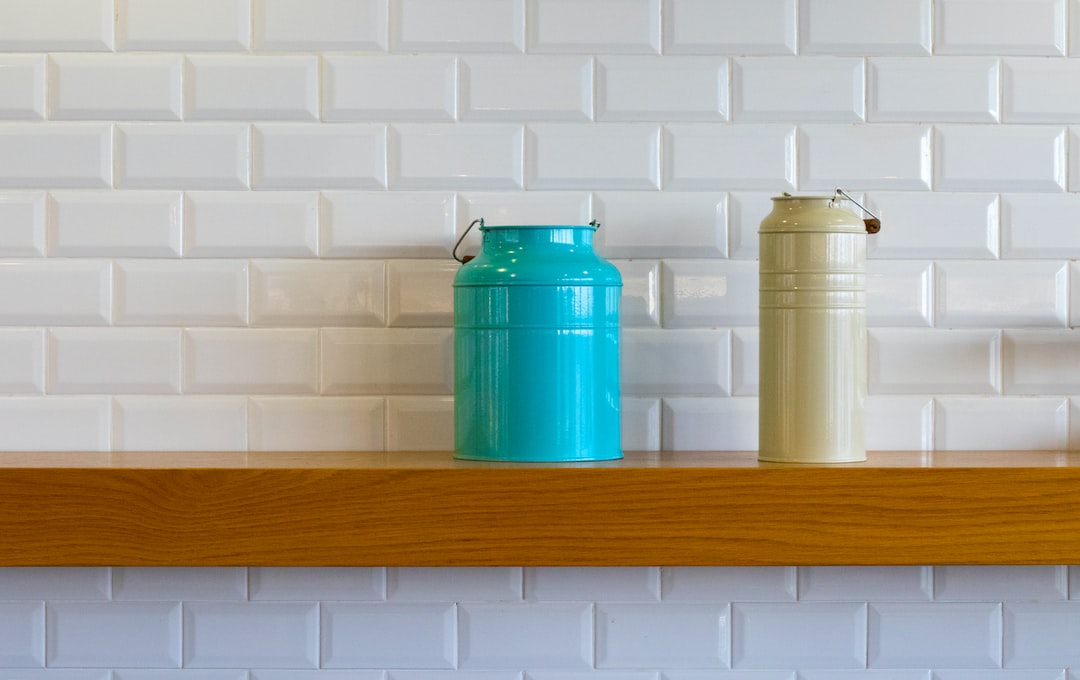[su_note note_color=”#ffe3e6″]This post contains affiliate links. Affiliate disclosure: As an Amazon Associate, we may earn commissions from qualifying purchases from Amazon.com and other Amazon websites.[/su_note]
Ladle of Contents
Key Takeaways:
– Stainless steel cookware is versatile and durable, making it a popular choice for many households.
– Different types of utensils can be used with stainless steel cookware, each with its own advantages and disadvantages.
– Bamboo utensils are sustainable and require hand washing and occasional oiling.
– Wooden utensils are classic, germ-resistant, and environmentally friendly, but they stain easily and require regular oiling.
– Silicone utensils are affordable, heat resistant, and come in various colors, but they can be damaged by sharp objects and some may contain fillers.
– Metal utensils are durable, easy to clean, and dishwasher safe, but they can cause superficial scratches on stainless steel cookware.
Bamboo Utensils: Sustainable and Eco-Friendly
Bamboo utensils have gained popularity in recent years due to their sustainability and eco-friendly nature. Bamboo is a fast-growing grass that can be harvested without killing the plant, making it a renewable resource. Using bamboo utensils with stainless steel cookware is a great choice for those who prioritize sustainability.
One advantage of bamboo utensils is their natural resistance to bacteria and germs. Bamboo contains a natural antimicrobial agent called “bamboo kun,” which helps prevent the growth of bacteria on the utensils. This makes bamboo utensils a hygienic option for use in the kitchen.
However, it is important to note that bamboo utensils require special care. They should be hand washed with mild soap and warm water, as they are not dishwasher safe. Additionally, bamboo utensils should be dried thoroughly after washing to prevent any moisture from causing damage.
Occasionally, bamboo utensils may need to be oiled to maintain their appearance and prevent cracking. Food-grade mineral oil or bamboo oil can be applied to the utensils to keep them in good condition. Regular oiling will help extend the lifespan of bamboo utensils.
Wooden Utensils: Classic and Germ-Resistant
Wooden utensils have been used in kitchens for centuries and are known for their classic and timeless appeal. They are also naturally resistant to bacteria and germs, making them a popular choice for those concerned about hygiene.
One of the advantages of wooden utensils is their ability to prevent scratching on stainless steel cookware. Unlike metal utensils, wooden utensils are gentle on the surface of the cookware, reducing the risk of damaging the stainless steel.
However, wooden utensils require regular maintenance to keep them in good condition. They should be hand washed with mild soap and warm water, as they are not dishwasher safe. After washing, wooden utensils should be dried thoroughly to prevent any moisture from causing damage or warping.
Another consideration with wooden utensils is their susceptibility to staining. Certain foods, such as tomato-based sauces or strong spices, can leave stains on wooden utensils. To prevent staining, it is recommended to oil wooden utensils regularly with food-grade mineral oil or a specialized wood conditioner.
Silicone Utensils: Affordable and Heat Resistant
Silicone utensils have gained popularity in recent years due to their affordability, heat resistance, and versatility. They are available in a wide range of colors and designs, making them a fun and stylish choice for the kitchen.
One of the main advantages of silicone utensils is their heat resistance. They can withstand high temperatures without melting or warping, making them suitable for use with stainless steel cookware on stovetops or in the oven.
However, it is important to note that not all silicone utensils are created equal. Some lower-quality silicone utensils may contain fillers or additives that can leach into food when exposed to high temperatures. It is recommended to choose high-quality, food-grade silicone utensils to ensure safety and durability.
Another consideration with silicone utensils is their susceptibility to damage from sharp objects. While they are generally durable, sharp knives or utensils with sharp edges can cut or puncture the silicone surface. It is important to handle silicone utensils with care to avoid any damage.
Metal Utensils: Durable and Easy to Clean
Metal utensils, such as stainless steel or aluminum, are a popular choice for many households due to their durability and ease of cleaning. They are resistant to wear and tear, making them long-lasting options for the kitchen.
One advantage of metal utensils is their ability to withstand high temperatures without melting or warping. This makes them suitable for use with stainless steel cookware on stovetops or in the oven.
However, it is important to note that metal utensils can cause superficial scratches on the surface of stainless steel cookware. While these scratches do not affect the performance of the cookware, they can be unsightly. To minimize scratches, it is recommended to use metal utensils with caution and avoid using excessive force.
Metal utensils are generally dishwasher safe, making them easy to clean and maintain. However, it is important to check the manufacturer’s instructions for specific care guidelines, as some metal utensils may require hand washing or have certain restrictions.
Can I Use Metal Utensils on Stainless Steel Cookware?
Yes, metal utensils can be used with stainless steel cookware. However, it is important to use them with caution to minimize the risk of scratching the surface of the cookware.
When using metal utensils, it is recommended to avoid using excessive force or scraping the surface of the cookware. Instead, use gentle motions and avoid using metal utensils with sharp edges or points that can cause deeper scratches.
If scratches do occur, they are generally superficial and do not affect the performance of the cookware. However, if you prefer to keep your stainless steel cookware looking pristine, it is recommended to use alternative utensils, such as bamboo, wooden, or silicone, to minimize the risk of scratches.
How to Minimize Scratches on Stainless Steel Cookware
While it is difficult to completely prevent scratches on stainless steel cookware, there are several steps you can take to minimize their occurrence:
1. Use alternative utensils: Consider using bamboo, wooden, or silicone utensils instead of metal utensils to reduce the risk of scratches.
2. Avoid using excessive force: Use gentle motions when cooking and avoid scraping the surface of the cookware with metal utensils.
3. Store utensils properly: Store utensils separately from each other to prevent them from rubbing against each other and causing scratches.
4. Clean with non-abrasive materials: Use soft sponges or cloths when cleaning stainless steel cookware to avoid scratching the surface.
5. Follow manufacturer’s instructions: Always refer to the manufacturer’s care instructions for specific guidelines on cleaning and maintaining your stainless steel cookware.
Conclusion
When it comes to choosing utensils for stainless steel cookware, there are several options available, each with its own advantages and disadvantages. Bamboo utensils are sustainable and require hand washing and occasional oiling. Wooden utensils are classic, germ-resistant, and environmentally friendly, but they stain easily and require regular oiling. Silicone utensils are affordable, heat resistant, and come in various colors, but they can be damaged by sharp objects and some may contain fillers. Metal utensils are durable, easy to clean, and dishwasher safe, but they can cause superficial scratches on stainless steel cookware.
Ultimately, the choice of utensils depends on personal preferences and priorities. By understanding the characteristics of different utensils and taking proper care of them, you can enjoy using stainless steel cookware without compromising its appearance or performance.



